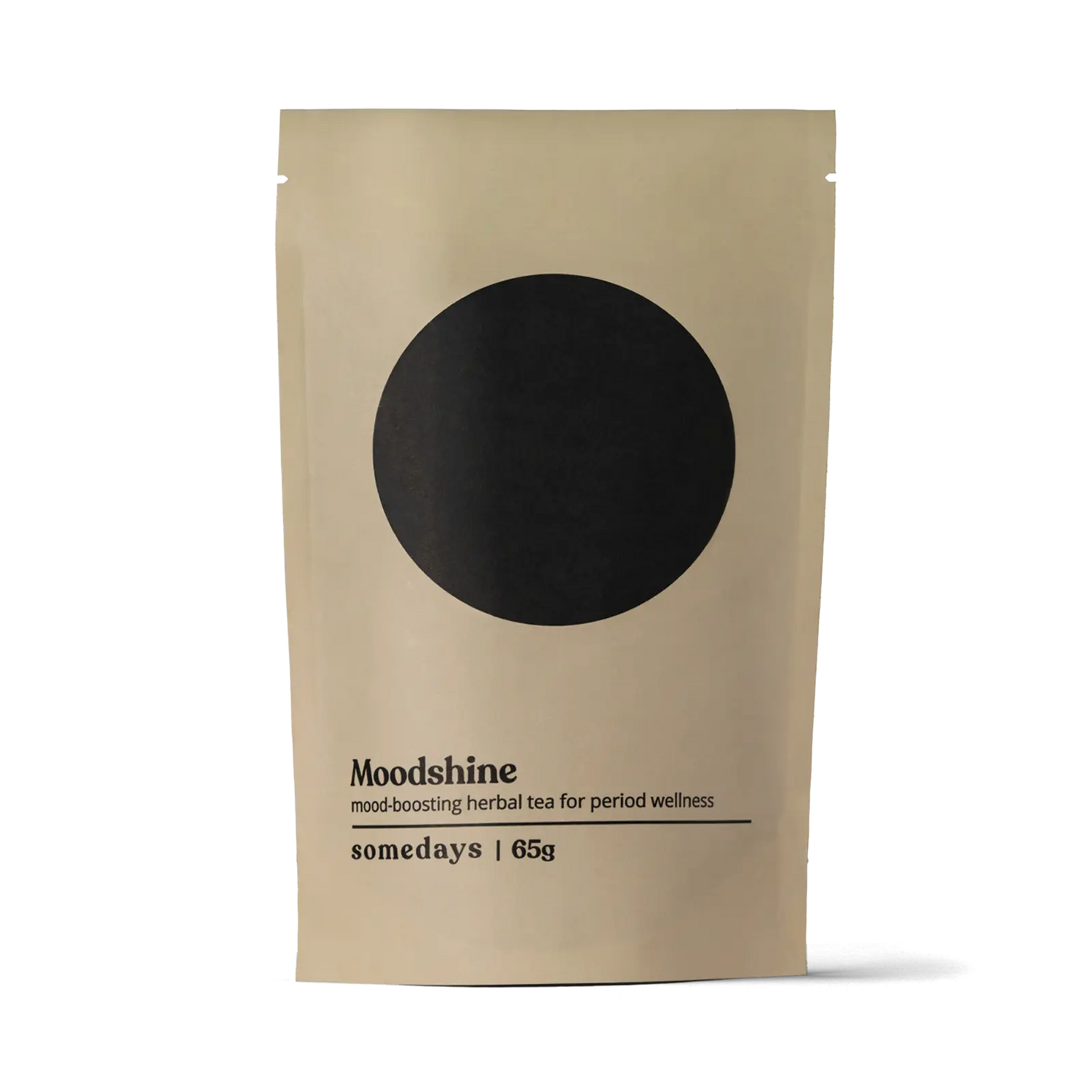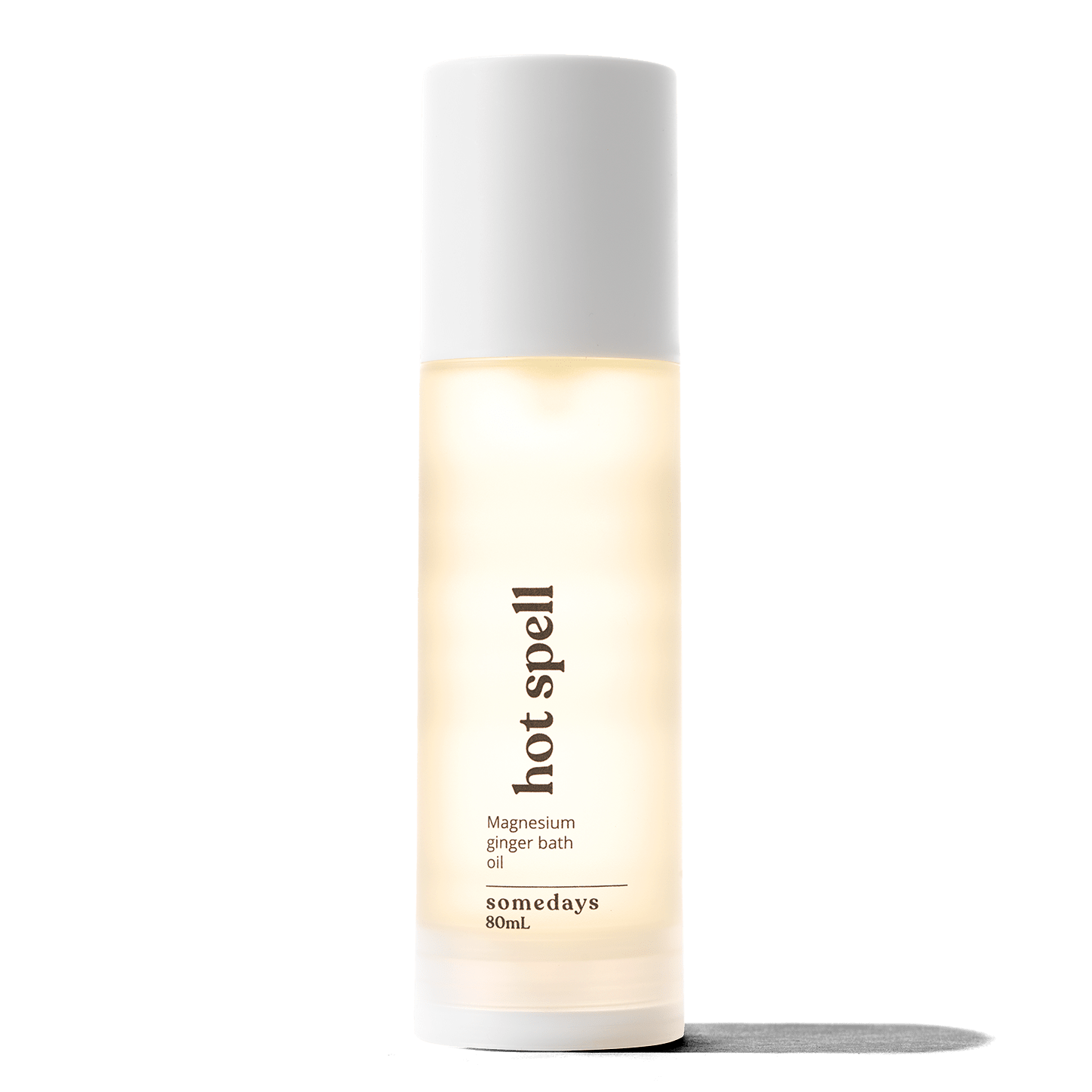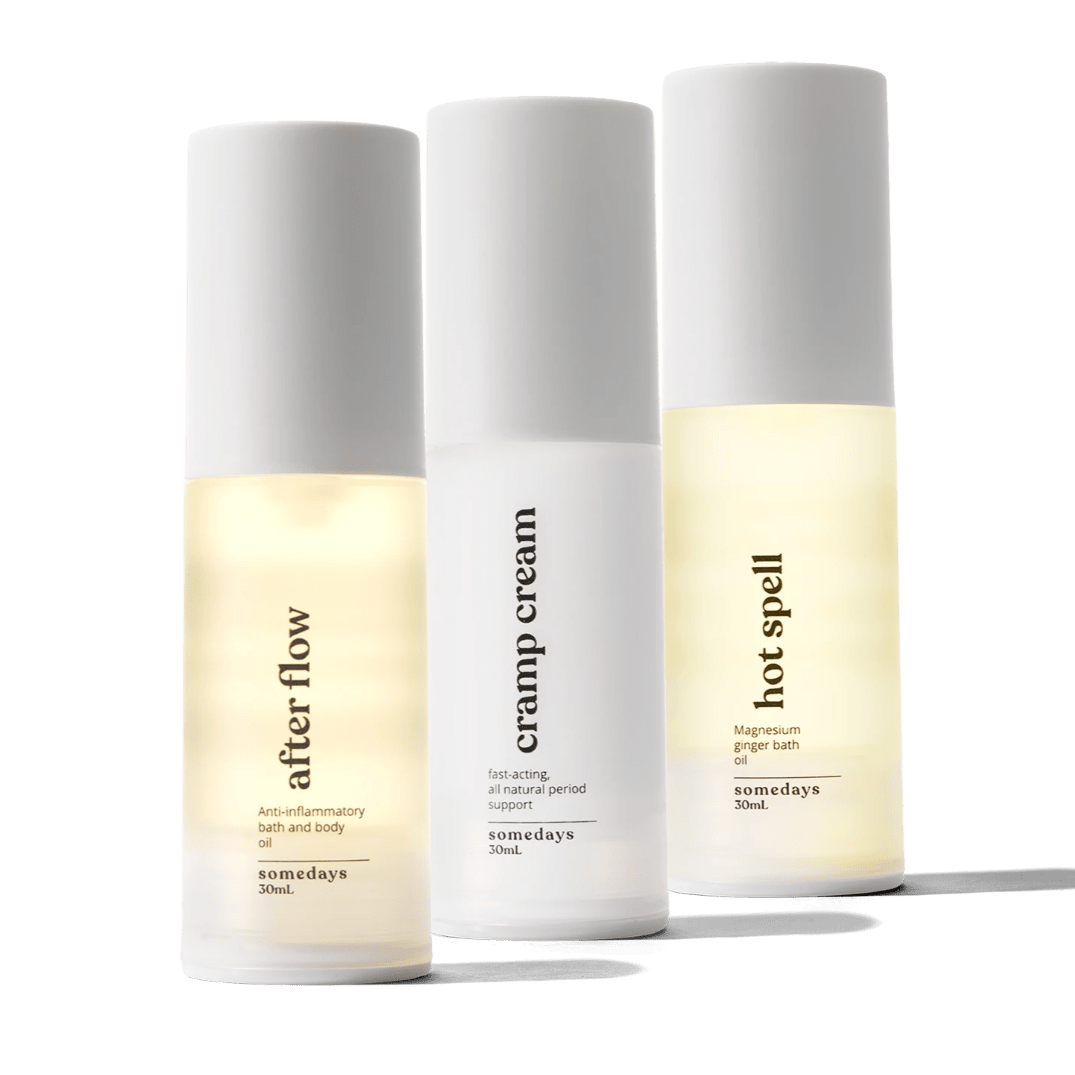Living with PCOS, Anxiety, and Depression: What I Wish I’d Known

I can’t remember exactly when I started feeling anxious or low…it’s just always been there. Even as a child, I carried this overwhelming sense of doom, like something bad was always about to happen. My mind would spiral into worst-case scenarios, and I had no idea why.
As I got older, those feelings didn’t go away. Instead, they started to weigh on me even more. Through middle school and high school, I was always either tired, overwhelmed, or just feeling down. I remember being 15 and feeling like getting out of bed was the hardest task imaginable. I’d cancel plans with friends on the weekends and make up excuses just so I could stay home and sleep. It wasn’t because I was lazy or didn’t want to spend time with them, it was because I constantly felt drained. I often just wanted to be alone, and I couldn’t understand why I was always so tired or why I felt the way I did.
It wasn’t until my late 20s that I began to piece it all together. Those strange, heavy feelings I’d been experiencing since childhood and through my teenage years were connected to anxiety and depression. And, even more surprisingly, they were deeply connected to my hormones and PCOS.
If I had known that earlier, it could have brought the clarity and validation I spent years searching for.
PCOS isn’t just a physical condition, it’s an invisible illness, and symptoms like anxiety and depression are invisible too. This makes it incredibly hard to explain; not just to others, but even to ourselves. It’s not something you can simply “shake off” or “snap out of.” It’s real, it’s heavy, and it’s something so many of us carry in silence.
What you’re feeling is real and a sign that something deeper needs attention. I hope that by sharing what I’ve learned about PCOS, anxiety, and depression, you can feel supported in some way.
Why PCOS, Depression, and Anxiety Are Connected
It took me years to understand how closely my mental health struggles were tied to my PCOS. But as I slowly started to learn about the hormonal connection to conditions like anxiety and depression.. It all started to make sense.
Having PCOS often means our hormones are completely out of balance, and hormones don’t just affect our bodies, they affect our brain too.
Here’s why it happens:
-
Hormonal Imbalances and Neurotransmitter Regulation
PCOS causes imbalances in hormones like estrogen, progesterone, and testosterone. These fluctuations can impact neurotransmitters in the brain, like serotonin and dopamine, which regulate mood and emotional responses. -
Insulin Resistance and Chronic Inflammation
Insulin resistance leads to higher insulin levels, triggering chronic inflammation. This inflammation disrupts brain function and is linked to mood disorders like anxiety and depression. -
Impact on Cortisol and Stress Response
Women with PCOS often experience elevated cortisol levels, the body’s primary stress hormone. Chronic high cortisol contributes to stress, fatigue, and emotional instability.
In my recent hormone testing (DUTCH test), I got confirmation of hormonal imbalances, insulin resistance, and high cortisol levels. Having this clarity has been such a relief and is giving me the direction I need to continue working towards healing my PCOS naturally. -
Body Image and Self-Esteem
In some cases, PCOS symptoms like weight gain, acne, and excess hair growth can negatively impact body image and self-esteem. Poor body image is strongly associated with higher rates of depression and anxiety.
For me, this was a huge factor in my anxiety and depression in my early 20s while I was working as a professional dancer.
Tips for Coping with Anxiety and Depression
It’s taken time, but I’ve learned that managing PCOS and the emotional toll it takes isn’t about finding a quick fix. It’s about small, intentional changes that add up over time.
Here’s what’s been working for me:
-
Changing How I Eat
The gut and brain are directly linked, meaning what we eat can really impact our mood and mental health. For those of us with PCOS, gut health is even more important, as imbalances can make anxiety and depression worse.
I’ve shifted to an anti-inflammatory diet, focusing on whole, real foods, and cutting back on sugar and processed carbs (this all disrupts gut health!). These changes have helped stabilize my energy and mood. I’m doing my best to not aim for perfection, but instead focus on what makes me feel my best.
-
Mindfulness & Menstrual Cycle Awareness
I’ve been practicing menstrual cycle awareness, which is the practice of tracking and understanding the different phases of your menstrual cycle and how they affect your physical, emotional, and mental well-being. Basically, by tuning into these natural shifts, I’ve learned to align my lifestyle, activities, and self-care routines to support my body’s needs throughout the month. It's honestly been life changing!
Movement, meditation and journaling have also been a key part of my routine, helping me release tension and stay balanced. Together, all of these practices help me feel more connected and in tune with myself. -
Tracking My Hormones
In addition to menstrual cycle awareness, tracking my hormones has helped me understand how LH, progesterone, and estrogen naturally rise and fall throughout my cycle, and how those changes also play a role in how I feel physically and emotionally. -
Hormone Testing and Targeted Supplements
Earlier this year, I had the opportunity to take a comprehensive hormone test called the DUTCH test. This test gave me an in-depth look at my hormone levels, helping me understand the root causes of my PCOS and all of my related symptoms.
After receiving my results, I worked with a holistic health practitioner who created a personalized protocol for me. This included targeted supplements and lifestyle changes designed to address the specific imbalances found in my test.
By focusing on healing these imbalances, I’ve already started to experience positive changes in my physical and mental health.
-
Boundaries around social media and screen time
Too much scrolling can leave me feeling drained and disconnected, and studies have shown that excessive screen time can increase stress, anxiety, and even disrupt sleep. By limiting my time online, I’ve discovered new ways to spend my energy, like reading, painting, or simply being outside.
Creating boundaries has helped me use social media more intentionally, turning it into a space for inspiration and connection. I didn’t realize how much being chronically online was affecting my brain space until I made this change. Life feels so different.
Healing Is Personal, But We Don’t Have To Do It Alone
PCOS and its symptoms can feel overwhelming, but the beautiful thing is that so much of the healing starts right at home. It’s about making small, intentional changes that work for you. Healing isn’t one-size-fits-all, but with patience and care, it’s possible to see real changes.
If you’re struggling with anxiety and depression, know you’re not alone. It’s okay to take things one step at a time, rest when needed, and ask for help.
I hope reading this has helped you in some way.
If you want to chat, I’m here: misstomadameblog@gmail.com
Shalize is a passionate advocate for women’s health, sharing her personal journey through PCOS, infertility, and self-discovery on her platform @misstomadame.c. Through her insights and experiences, she aims to inspire others to embrace a toxin-free, conscious lifestyle that supports holistic healing.
Follow Shalize on Instagram to stay updated on her journey as she navigates the complexities of infertility and works towards healing from PCOS.



